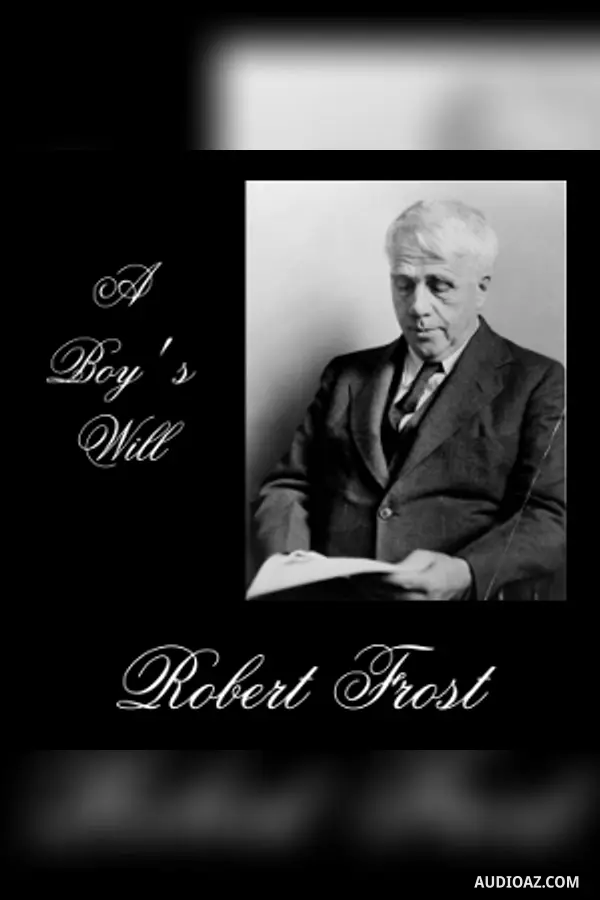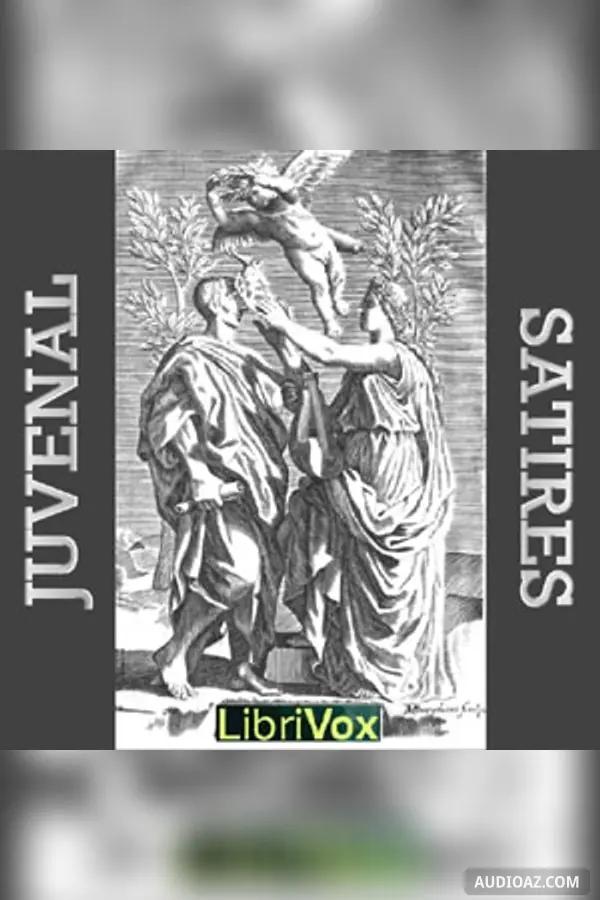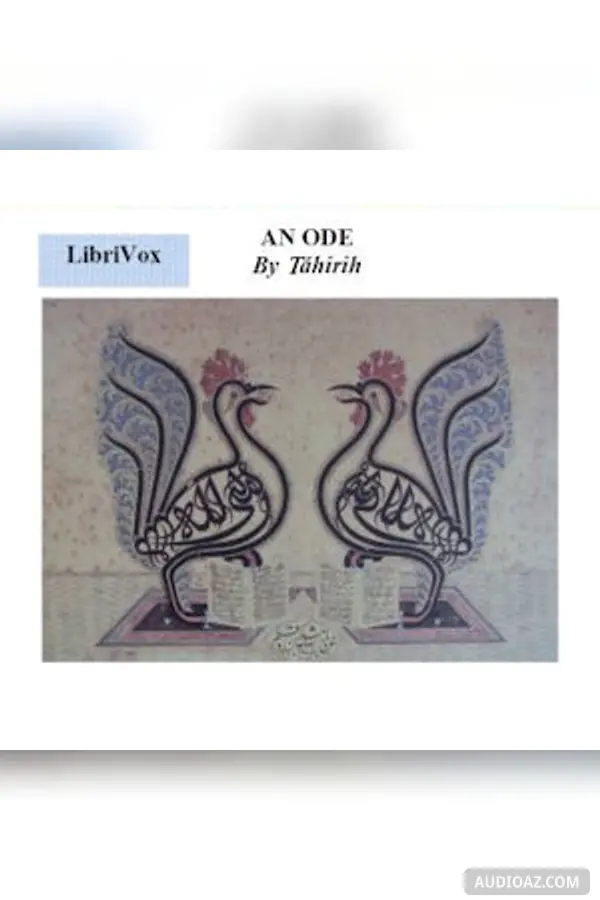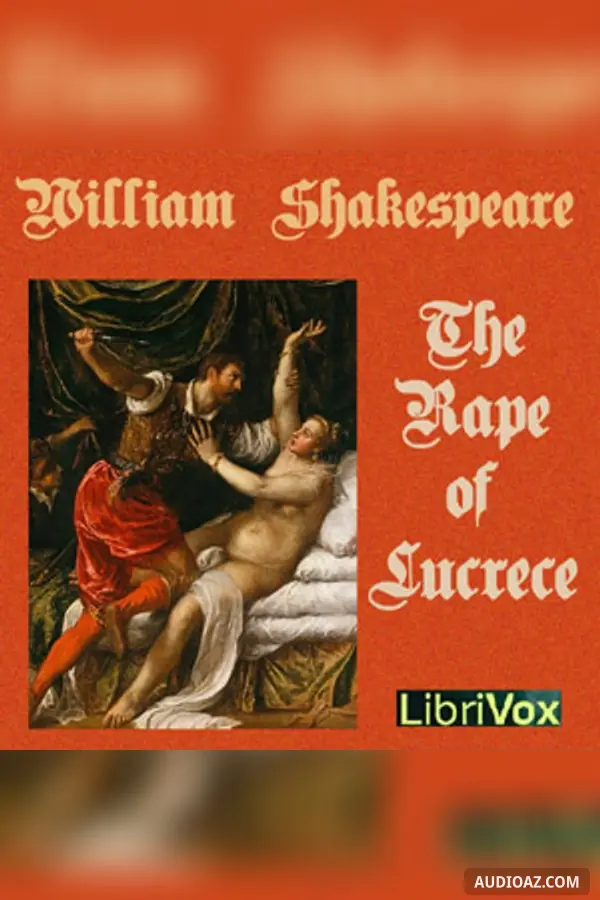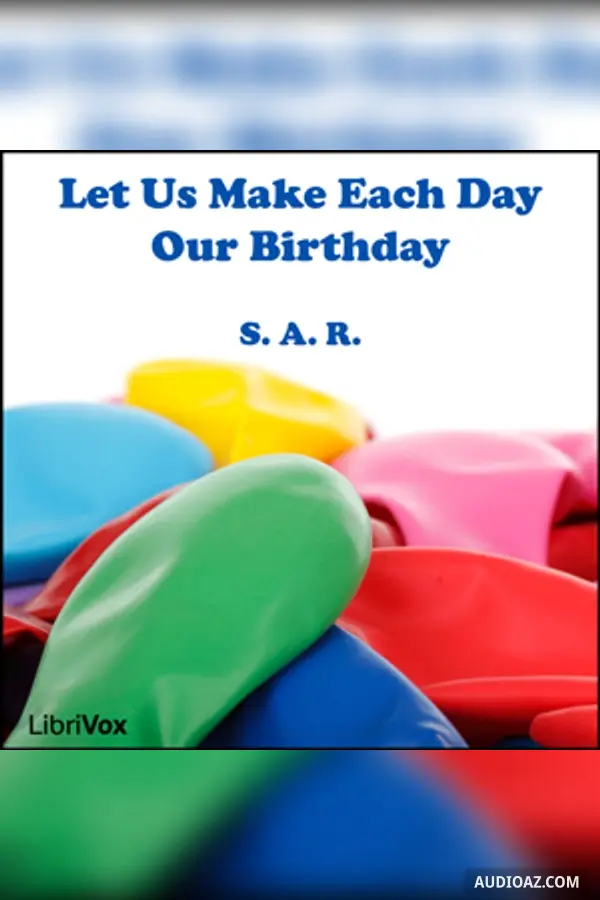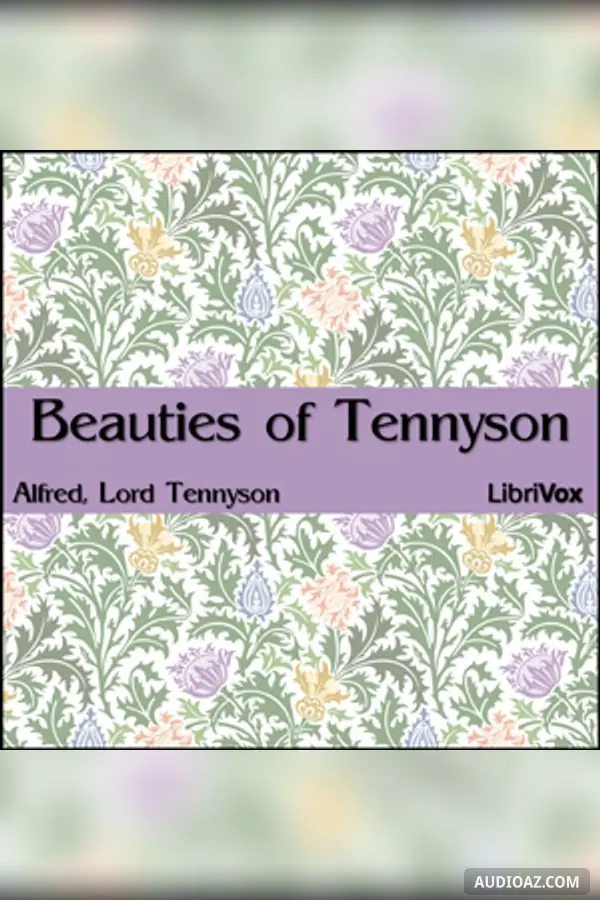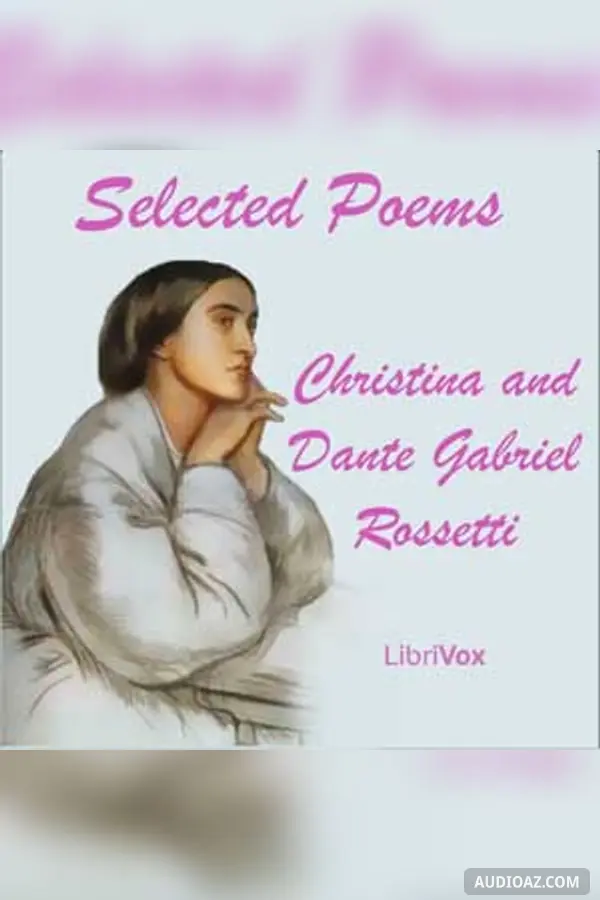
Selected Poems - Free Audiobook
Author(s): Dante Gabriel RossettiChristina Rossetti
Language: English
Genre(s): AnthologiesPoetry
1 / 35Silent Noon
- 1. Silent Noon
- 2. A Birthday
- 3. A Little While
- 4. Remember
- 5. My Sister's Sleep
- 6. Maude Claire
- 7. Sudden Light
- 8. Dream Land
- 9. Soul's Beauty
- 10. Body's Beauty
- 11. Goblin Market
- 12. Autumn Song
- 13. Song
- 14. The Choice I, II & III
- 15. After Death
- 16. The Love Letter
- 17. No, Thank You, John
- 18. The Hill Summit
- 19. Love From the North
- 20. The Blessed Damozel
- 21. At Home
- 22. A Day of Love
- 23. Last Night
- 24. Insomnia
- 25. In the Round Tower at Jhansi
- 26. Mary's Girlhood (For a Picture)
- 27. Somewhere or Other
- 28. The Ballad of Dead Ladies
- 29. Helen Grey
- 30. Lost Days
- 31. An End
- 32. Sister Helen
- 33. Uphill
- 34. The One Hope
- 35. Children's Poems, from Sing-Song
About
Dante Gabriel Rossetti (1828-1882) and his sister Christina Georgina Rossetti (1830-1894) played important roles in the artistic milieu of Victorian England. Members of a highly cultured Italian immigrant family, they achieved widespread fame and exerted a significant influence upon the poetry and art of their time.
Dante Gabriel was a co-founder of the Pre-Raphaelite Brotherhood of painters, contributing to a renewed interest in medieval themes and techniques. Both his painting and his poetry anticipated the Aesthetic movement of the late 19th and early 20th centuries. His deep intellect and highly emotional nature are reflected in poems that exhibit a combination of complex symbolism and powerful feeling. He was a master of the sonnet form, as best exemplified in his book The House of Life.
Christina served as a model for some of her brother’s early paintings, and she was closely identified with the Pre-Raphaelites. Her poetry is more accessible and displays perhaps a greater felicity of expression than her brother’s. Today she holds a higher reputation, often being ranked (sometimes rather condescendingly) among the leading women poets. Other critics, quite appropriately, consider her a major poet without the feminine label. A deeply devout person, she never married, although she eventually rejected two suitors, both for religious reasons. She produced a large body of Christian poetry, which is not represented in this collection. She also wrote many delightful poems for children. (Summary by Leonard Wilson)
Comments
Be the first to comment
There aren't any comments on this content yet. Start the conversation!
Discover More
Tags: Selected Poems audio, Selected Poems - Dante Gabriel Rossetti, Christina Rossetti audio, Anthologies audio, Poetry audio, free audiobook, free audio book, audioaz
